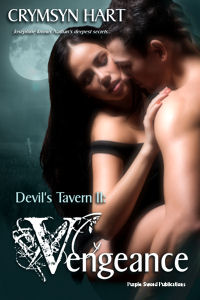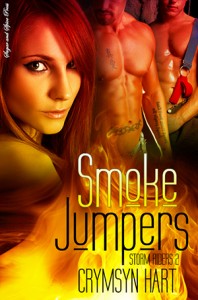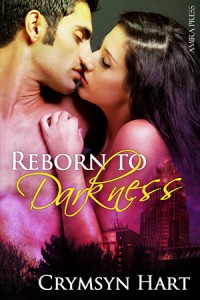by Bud Sparhawk
Several years ago, after I had a few stories published and wrote my first Nebula finalist (Primrose & Thorn), I was invited to dinner by four accomplished novelists. I listened with rapt attention as they spoke knowingly of agents and contracts, of royalties and galleys, and talked with the ease of experience about book launches, autographing, and the other things that seldom impact a short story writer’s life. This was heady stuff and I reveled in being graced to be among their number.
Yet, as the evening wore on, I began to wonder why I had been invited to sit among this prestigious group since not only had I not written a novel, but the possibility of embarking on the long and arduous task of writing long had not yet crossed my mind. Were they going to give me the secret of writing huge works? Were they about to give me the keys to novelist heaven? Were they going to impart the secrets of the book? I waited, growing more concerned and anxious as the evening wore on through salad, entree, desert, coffee, and finally drinks.
Finally the leader of this pack of wolves turned to the lamb among them and said: “Bud, how do you manage to sell to Analog? What’s the secret of writing short?”
I forget what I said, but most likely it was “Huh?” That was my first glimpse of something that I have debated ever since that night: why can some people produce novels with seemingly little effort while others struggle to produce more than a few thousand words at a time? What quirk of mind causes a novelist to spend fifty pages on an action that a short story writer dismisses in a sentence? Why does no one go to the bathroom in a shorter work while novel characters detail every aspect of their daily ablutions? And why in the world does the novelist allow dozens of characters to creep into their story, diverting the plot this way and that, pestering the protagonist with niggling, bothersome trivia that prevents resolution of the central issue chapter after chapter? Why do they insist on burying the core of the story with excessive detail and descriptions?
Why can’t they just say what they mean and get off the stage?
Short story writers don”t feel the need for glittering ornamentation or writing casts of characters that are not directly related to the central thesis of the story. A short story’s protagonist is never diverted for long from their path, not with the premise’s tease far behind and the end of the story looming just a few thousand words ahead. No, the short story writer’s brain focuses on the immediate, the important, and nothing that does not support the central thesis is allowed to intrude on making a clear and utterly unambiguous end. The short story always has a point, damn it!
Perhaps that is the central difference between the novelist and short story writer: While the novelist cannot resist the call of complexity, the short story writer cannot resist the need for simplicity.
But I fear that is too much of a simplification since many novelists write short stories and some short story writers manage to eke out a novel or two. The answer might be the simple economic reality that you can’t make money writing short so most novelists chose not to. That also is a simplification that begs the question I was asked at that long-ago dinner and today, after all those years since, I am left not knowing the answer. I do know that I write short because I couldn’t do otherwise. I feel impelled to reach a conclusion quickly, to make my point, tell my tale, and start on the next, and the one after that, and on and on.
And maybe novelists feel the same impulse to expand, expostulate, and discourse because they cannot do otherwise.














